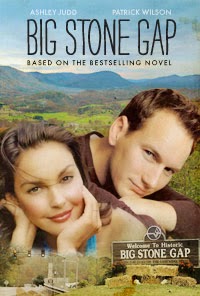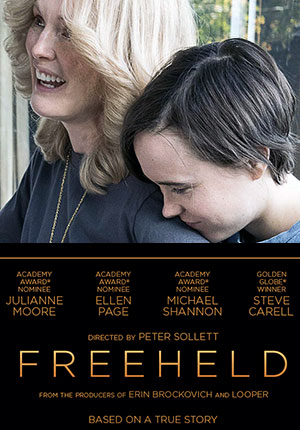Interview: Jon Gries of “Endgame” (and “Get Shorty” and “Napoleon Dynamite”)
Posted on October 9, 2015 at 3:27 pm
I’m a big fan of actor Jon Gries, who always brings something very specific and interesting to his roles. In “Endgame,” the story of a championship chess team from a school in a poor community from writer/director Carmen Marron, it would have been easy to make the school principal just the usual clueless or bureaucratic obstacle, but in just a few scenes Gries created a character who was vivid and real. I was delighted to get a chance to talk to him.
“One of the things when I approached the role I tried to avoid is, obviously being so many different characters that have been regurgitated time and time again and they’ve become almost cliché. And I think I just try to find some bit of humanity. You know, I think it helps, I know somebody who is a principal and she would always talk to me about how difficult it is being a principal. Not so much because of the students but because of all the pressures that came from the Board of Education, and she had teachers that were underperforming, and that she could not fire them and that she had so many problems with just the way the structures were set up with just the teacher’s union. It totally shined a different light on that experience for me. And so I think that was the beginning, I think that started my quest for this role and probably how to play it. And it has its trappings and pitfalls and all you can try and do is cleave onto a little bit of sanity and a little bit of the right thing.” He admired Marron’s work in bringing it all together. “We shot of my stuff relatively quickly and she was always just very open. I think that’s very important for a director to be just open and trust that your performers are going to legitimately get you what you want or surprise you. And if they’re wrong or they’re not going the right way the you know, you just talk about it but until then the good thing about Carmen is that she is just not the kind of director who feels like they have to direct but that just kind of lets it happen. Those are the best directors because there is a sense of trust and a sense of allowing for the collaboration to really take hold. We talked about it. It’s not like I wanted to surprise her. We talked about where we were going with this and we were in agreement so it is good in that regard. Really there were days when she was under incredible stress because there was such a tight schedule. She really had to get it done. And it’s not an easy thing when you’re working with a lot of children. There’s a lot of kids who are non-actors in the movie so you have to educate them and at the same time not remove them from being kids because you want them to be able to be who they are. That’s what you really are trying to have in your film so I thought she did a really good job.”
He was brought into the film by his “Napoleon Dynamite” costar Efren Ramirez, who plays the chess team’s coach. “He contacted me and said, ‘Hey come on we’re doing this movie and there’s this part in it. I’d love to have you come down and do it.’ And you know honestly, normally I might have not even played the role because I’m always looking for more to do I’m just too greedy. I want to chew the furniture and whatever I can do and this guy was just kind of tapestry of the whole film. But once I got down there and I was getting involved and I was very pleased that I was a part of it and I was really happy to be there to support Efren as well because I think he’s so good.”
Gries also appeared in one of my favorite films, “Get Shorty,” where his character is a low-level hood who gets shot by both Dennis Farina and Gene Hackman. “That was a lot of fun to do and it was a lucky experience in the sense that when I got that job I was probably the 200th person who read for the part. My agent, she is now deceased, a woman named Suzanne Smith was quite an amazing agent. When she called me up she said ‘I don’t want you to ever forget this because this doesn’t happen. They’ve read Matthew McConaughey, Steve Buscemi, they’ve read a lot of people for that same role, and the fact that you got this part – it’s nothing short of a miracle.’ So I did. I felt lucky to be a part of that. I really was. To work with the amazing Dennis Farina and Gene Hackman, how lucky is that and the amazing incredible Delroy Lindo and John Travolta. With people like that, it’s just ‘Okay I have to really rise to occasion or shut up.'”
The best advice he ever got about acting: “Simply just tell the truth and just know who you are in the scene. Know your relationships and know who you are.”




